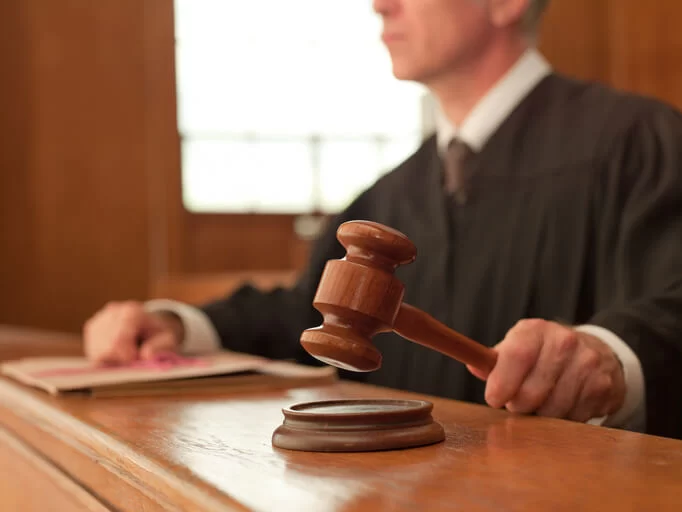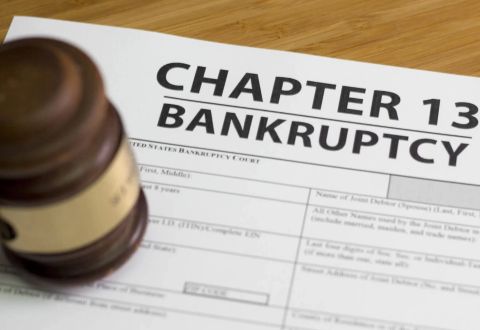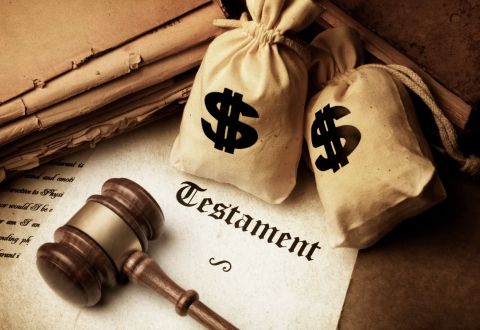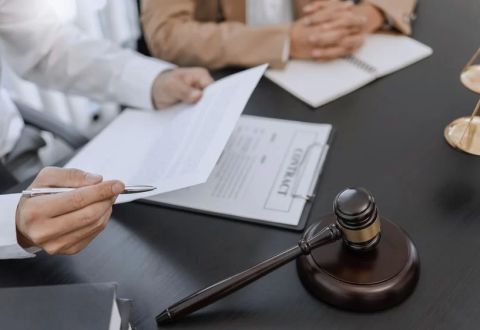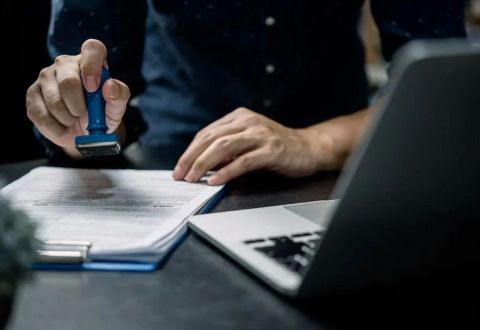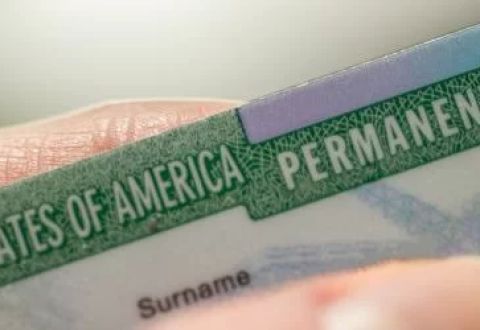Legal Help for Collecting Civil Judgments
- 1. What is a Civil Judgment and Why is Collection Important?
- 2. Why You Need Legal Help to Collect Civil Judgments
- 3. The Judgment Collection Process
- 4. How to Find Legal Help for Collecting Civil Judgments
- 5. Success Stories and Expert Advice on Judgment Recovery
1. What is a Civil Judgment and Why is Collection Important?
A civil judgment is a formal decision made by a court following a lawsuit, where the court rules that one party owes money to another party, typically as a result of a contract dispute, personal injury claim, or other civil matter. After winning a judgment, the next step is often to collect the awarded money. This process can be complex and frustrating without proper assistance, which is why many individuals and businesses seek legal help for collecting civil judgments.
Judgment collection is crucial for ensuring that a court's decision is upheld and that you are compensated for damages or breaches of agreement. Without effective judgment recovery, the financial relief promised by the court may never materialize, leaving the winning party frustrated and out of pocket.
2. Why You Need Legal Help to Collect Civil Judgments
Collecting a civil judgment is not always straightforward. In some cases, the losing party may have no visible assets, making it difficult to recover the owed amount. Additionally, they may attempt to avoid payment by hiding assets, filing for bankruptcy, or engaging in other evasive tactics. This is where legal help becomes essential.
A legal professional specializing in judgment collection will have the expertise and resources to navigate the complexities of judgment enforcement. They can help locate assets, garnish wages, place liens on property, or take other legal actions to ensure that the judgment is satisfied. Without such help, the process can drag on for months or even years, with no guarantee of recovery.
Moreover, the legal system is filled with procedural rules that need to be followed. A lawyer or law firm specializing in civil judgment collection can manage the legal processes and deadlines, allowing you to focus on other important matters.
3. The Judgment Collection Process
Collecting a civil judgment often involves several stages, each requiring careful attention to detail. Here is a breakdown of the typical judgment collection process:
- Step 1: Post-Judgment Discovery – This is where legal professionals conduct asset searches to identify any potential property, bank accounts, or other assets the debtor may have. The aim is to locate things that can be seized or liquidated to satisfy the judgment.
- Step 2: Wage Garnishment – If the debtor is employed, a court order can be issued to garnish wages directly from their paycheck. This is a common and effective way to collect a judgment over time.
- Step 3: Bank Account Levy – A bank levy allows legal professionals to freeze the debtor's account and seize funds directly to cover the judgment amount.
- Step 4: Property Liens – If the debtor owns property, a lien can be placed on their real estate, preventing them from selling or refinancing until the debt is paid.
- Step 5: Seizure and Auction – In some cases, physical assets like vehicles, equipment, or valuables may be seized and sold at auction to recover the debt.
Each step requires detailed knowledge of the legal system, and mistakes in the process can delay or even derail the recovery of funds. A qualified attorney or law firm can handle these complexities with precision, improving your chances of successful collection.
4. How to Find Legal Help for Collecting Civil Judgments
Finding the right legal help for collecting civil judgments is essential for ensuring that your efforts are efficient and effective. When seeking professional assistance, look for a law firm with experience in judgment enforcement. Check for firms that specialize in civil collections and have a strong track record of success in recovering debts.
Research online reviews, seek referrals from colleagues or business partners, and schedule consultations to evaluate your potential legal representative. Firms like Free Range Lawyers offer specialized legal help for judgment collection, with the knowledge and experience to help you navigate the complexities of recovering owed amounts.
Additionally, consider the firm's reputation and expertise in enforcement strategies, as well as their transparency regarding fees and costs. It is crucial that you understand how the firm charges for its services and what results you can reasonably expect.
5. Success Stories and Expert Advice on Judgment Recovery
Many individuals and businesses have successfully recovered judgment amounts by partnering with experienced legal professionals. For example, a small business owner who was awarded a judgment against a former client but struggled to collect the payment was able to successfully recover the debt after enlisting the help of a judgment collection lawyer. The lawyer located the debtor’s assets, placed a lien on their property, and initiated wage garnishment, ultimately ensuring that the judgment was paid in full.
Expert legal professionals recommend taking swift action once a judgment is issued, as waiting too long can complicate the process and make it more difficult to locate assets. They also suggest keeping detailed records of all communications and actions taken during the collection process, as this can help resolve disputes and protect your rights.
If you’re facing challenges with collecting a civil judgment, don’t hesitate to seek expert legal help. Experienced professionals can offer practical solutions, guide you through the process, and increase your chances of recovering the money you’re owed.
For more information or to speak with a professional about your judgment recovery needs, visit Free Range Lawyers today.
